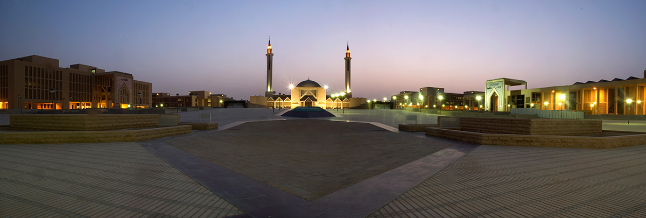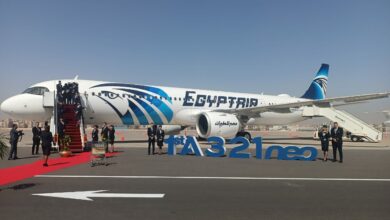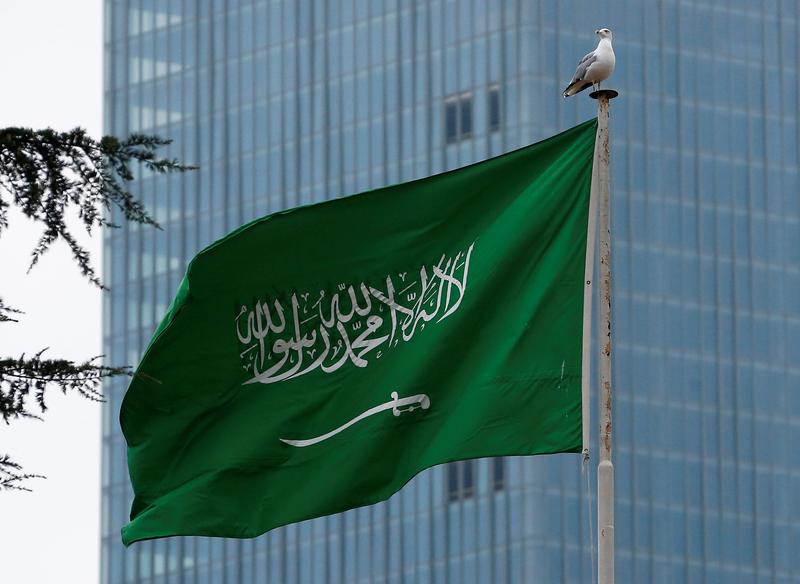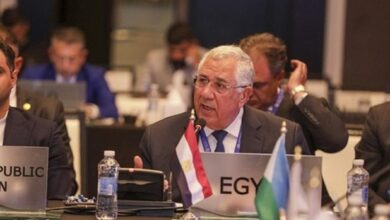
A large Saudi public university announced it would dismiss employees suspected of ties to the banned Muslim Brotherhood, adding to concerns that the government is clamping down on its critics in academia and beyond.
Activists and rights groups say security forces have rounded up some 30 clerics, intellectuals and others in the past 10 days, in what Human Rights Watch has described as “a coordinated crackdown on dissent”.
Authorities have not explicitly acknowledged the detentions, which come amid widespread speculation – denied by officials – that King Salman will abdicate in favor of his son as well as deepening tensions with neighboring Qatar, which is accused by Riyadh of supporting Islamists, including the Brotherhood.
The governing council of Al-Imam Mohammed Ibn Saud Islamic University in Riyadh advised against renewing contracts for employees it said were “influenced by the ideology of the terrorist Muslim Brotherhood organization”.
The statement, posted online on Tuesday, did not name the employees or specify their number, but said they included Saudis and foreigners.
The employees’ removal “aims to protect the minds of students and university employees from those deviant, partisan ideas and dangerous, destructive trends”, it added.
Saudi Arabia designated the Muslim Brotherhood a terrorist organization in 2014. Hardline groups such as al Qaeda and Islamic State are also blacklisted.
The ruling Al Saud family has always regarded Islamist groups as a major internal threat to its rule over a country in which appeals to religious sentiment resonate deeply and an al Qaeda campaign a decade ago killed hundreds.
Since the kingdom’s founding, the Al Saud have enjoyed a close alliance with clerics of the ultra-conservative Wahhabi school of Islam who have espoused a political philosophy that demands obedience to the ruler.
By contrast the Brotherhood advances an active political doctrine urging revolutionary action, which flies in the face of Wahhabi teaching.
A political Islamist organization founded in Egypt nearly a century ago, it says it is committed to peaceful activism and reform through elections, and its adherents span the region, holding elected office in Arab countries from Tunisia to Jordan.
Brotherhood members fleeing repression in Egypt, Syria and Iraq half a century ago took shelter in Saudi Arabia, some taking up roles in the kingdom’s education system and helping to establish the Sahwa or “Awakening” movement which agitated in the 1990s for democracy.
The Sahwa mostly fizzled, with some activists arrested and others coaxed into conformity, though admirers and its appeal lingered.




